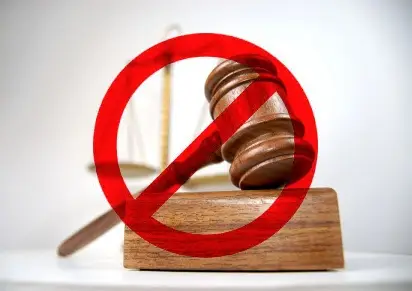Probating an estate involves a court-supervised process of validating a will, identifying and valuing assets, paying debts, and taxes. The last act is distributing the remaining property to beneficiaries. The personal representative, often the executor named in the will, is responsible for overseeing this process.
While this may sound like a straightforward process, let me assure you that probating an estate is anything but easy. Unless you have probated an estate, this process is like riding a mechanical bull with steel spikes everywhere you can fall. The best way I can describe this process is that it’s a multi-dimensional effort. The difficulty is dealing with how the estate was left. The size of the estate, available financial resources, the quality of the deceased’s instructions, and the heirs of the deceased.

Navigating the Estate Minefield
Let’s keep in mind what probate is and when Probate is necessary. The probate process is invoked after the death of a family member. Emotions are running high, and survivors are not always thinking rationally. Even when the deceased has put their affairs in order, there are always questions to answer and “things” to distribute.
Hopefully, with a thorough estate plan, an estate can be settled with minimal conflict, unlike depicted in the picture above. Probate issues can stem from various challenges, including family disputes, will contests, creditor claims, and complex assets. Delays in the process, costly fees, and the public nature of probate can also create complications. When there is no will or the will does not have a clear intent about estate distribution, obtaining the services of a probate attorney is crucial.
An attorney will help you navigate the state’s probate code and local probate process for scenarios in which there is no will. The attorney can also provide assistance to either challenge the will’s validity or prove the document is valid, depending on your position, the facts of the situation, and the probate code.
In any case, having a documented will or trust can’t be overstated. Your wishes are clearly stated and leave less room for dispute. Documents we produce will withstand challenges. Appointing an executor after a person’s death requires everyone to agree on that person. Keep in mind, the clock is ticking on the estate and things like taxes are going to hit at some point. Fighting challenges without a will or living trust after the fact may feel like you’re boiling yourself in oil. Give us a call, we can help.

